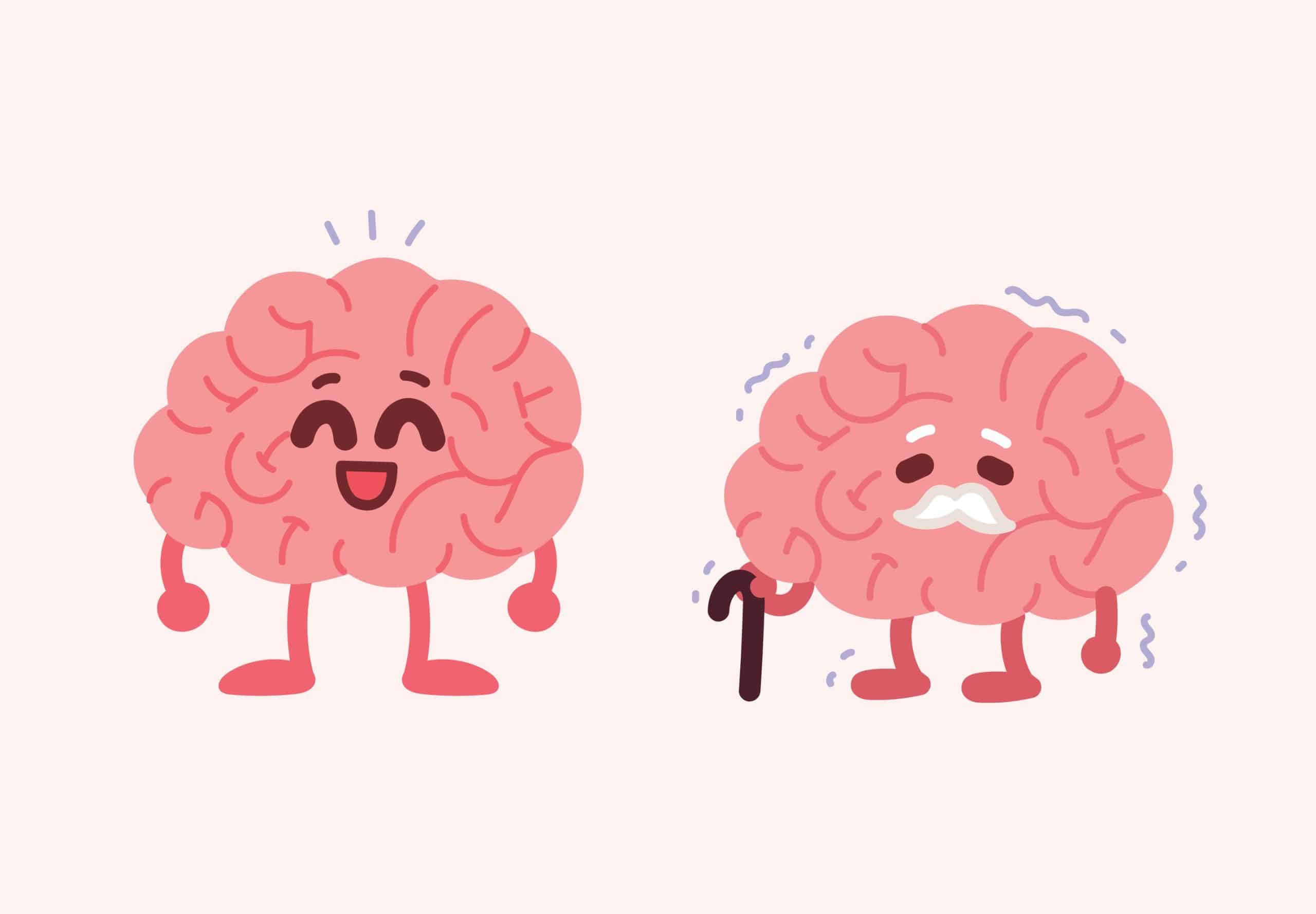Aging is a natural process that everyone experiences, but who wouldn’t want to slow it down and stay healthier longer? The idea of slowing the aging process has captivated scientists and health enthusiasts alike for decades. Recent research is shedding light on the potential of fasting and intermittent fasting as tools to promote longevity and combat age-related diseases. But can fasting truly slow down aging? Let’s dive into the science.
@thenewlifechannel #insulinresistance #insulinresistancediet #insulinresistanceweightloss #healthylifestyle #healthandwellness #lessprescriptionsmoreliving ♬ original sound – The New Life Channel
The Connection Between Fasting and Longevity

Fasting has been practiced for centuries, whether for religious, cultural, or health reasons. Today, science reveals that fasting might have profound effects on the body’s ability to delay aging and enhance overall health.
According to a review published in the New England Journal of Medicine, caloric restriction—reducing the amount of food consumed—has been shown to improve longevity in both humans and animals. Fasting triggers a cascade of beneficial changes in the body that help it fight diseases and stay healthier for longer periods.
How Fasting Impacts the Aging Process

When you fast, your body undergoes several biological processes that contribute to better health and potentially slower aging. Here’s how it works:
1. Triggers Ketosis for Energy Efficiency
- After 8–12 hours without food, your body depletes its glucose reserves and stored glycogen.
- At this point, the liver begins to convert fatty acids into ketones, which serve as an alternative energy source.
- These ketones don’t just fuel the body—they also act as signaling molecules that regulate proteins and pathways related to aging, inflammation, and cell repair.
2. Cellular Repair Through Autophagy
- Fasting activates autophagy, a process where the body cleans out damaged cells and regenerates new ones.
- Autophagy reduces the accumulation of cellular debris, which is linked to aging and degenerative diseases like Alzheimer’s and Parkinson’s.
3. Reduces Oxidative Stress
- Oxidative stress occurs when there’s an imbalance between free radicals and antioxidants in the body, leading to cell damage.
- Fasting helps lower oxidative stress, thereby protecting cells and tissues from age-related damage.
4. Balances Insulin and Glucose Levels
- Chronic high insulin levels can accelerate aging by promoting inflammation and metabolic disorders.
- Fasting helps stabilize blood sugar levels, improve insulin sensitivity, and reduce inflammation—all factors that contribute to a longer, healthier life.
Key Benefits of Fasting for Longevity

1. Enhanced Brain Health
- Fasting promotes the production of brain-derived neurotrophic factor (BDNF), a protein that supports neuron growth and protects against cognitive decline.
- By reducing inflammation in the brain, fasting may lower the risk of Alzheimer’s and other age-related mental conditions.
2. Improved Heart Health
- Fasting lowers triglycerides, blood pressure, and LDL cholesterol, reducing the risk of heart disease.
- These cardiovascular benefits are crucial for maintaining vitality as we age.
3. Slows the Aging of Skin
- The cellular repair processes activated during fasting can reduce signs of skin aging, such as wrinkles and dryness.
- Improved hydration and reduced inflammation contribute to a clearer, more youthful complexion.
4. Boosts Immune Function
- Fasting stimulates the regeneration of immune cells, making your body better equipped to fight infections and illnesses as you age.
Getting Started with Fasting for Longevity
Fasting doesn’t have to be complicated. Here are a few beginner-friendly methods:
- 16/8 Method
- Fast for 16 hours and eat within an 8-hour window.
- Example: Skip breakfast, eat your first meal at noon, and finish dinner by 8 p.m.
- 5:2 Diet
- Eat normally for five days a week and consume only 500–600 calories on the other two days.
- Alternate-Day Fasting
- Fast every other day or eat significantly fewer calories on fasting days.
- Periodic Prolonged Fasts
- Incorporate a 24–48 hour fast occasionally to boost cellular repair and autophagy.
Is Fasting Right for You?
While fasting has promising benefits for longevity and health, it’s not for everyone. Consult with a healthcare professional if you:
- Are pregnant or breastfeeding.
- Have a history of eating disorders.
- Are managing a chronic illness like diabetes or heart disease.
Remember, fasting is most effective when combined with a nutrient-dense diet, regular exercise, and adequate sleep.
For a complete guide on fasting, I invite you to read my blog here.
Final Thoughts

Does fasting slow down aging? Scientific evidence strongly suggests that it does. By triggering processes like autophagy, ketosis, and reduced inflammation, fasting helps the body repair itself, fight diseases, and maintain vitality for longer.
If you’re interested in learning more about how fasting can support your health and longevity, check out my blog: How Intermittent Fasting Helps You Lose Weight: A Complete Guide. This comprehensive guide dives into the benefits of fasting, how it works, and how you can start reaping its rewards.
Take the first step toward a healthier, longer life today—because a longer, more vibrant life is worth the effort.
Your Thoughts Matter




